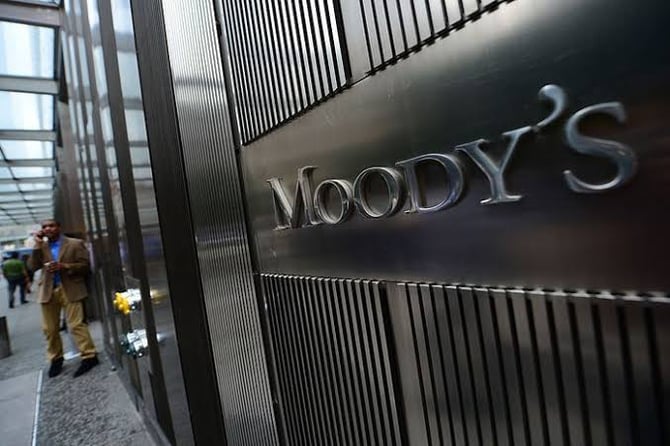Moody’s Sounds Warning on Credit Ratings of 6 Big US Banks

Moody's is currently reviewing the credit ratings of six major U.S. banks, including Bank of New York Mellon, State Street, and Northern Trust, for a possible downgrade. The agency announced late Monday that this decision is due to ongoing strain within the U.S. banking sector, including increased funding pressures and potential weaknesses in the required capital levels.
Should these banks receive lower credit ratings, their funding costs could rise significantly. The news has already affected U.S. stock futures, with the Dow expected to open 250 points lower, a 0.7% decline, and similar drops in S&P 500 and Nasdaq futures.
The U.S. banking industry faced turmoil earlier this year with the collapse of Silicon Valley Bank, Signature Bank, and First Republic. Now, Moody's is also closely monitoring Truist, Cullen Frost, and U.S. Bancorp, citing the same concerns, but with added emphasis on the risks associated with commercial real estate exposures.
What does this mean for me?
Since the pandemic, the widespread shift to remote work has caused a decline in the value of U.S. office properties. This trend has raised concerns that banks, which finance many commercial real estate transactions, could face losses. Regional and community banks may be particularly vulnerable.
The second quarter earnings for U.S. banks have revealed material increases in funding costs and pressures on profitability. This is partly attributable to a series of sharp interest rate hikes in the U.S., according to the agency. It seems the banking industry is navigating challenging times, with various factors contributing to the current situation.
More News

Egypt’s Recovery Gains Traction as Household Pressure Lingers
2 minutes ago

OECD Warns AI and Tariffs Will Test the Global Economy
5 days ago

Zero Tariffs, Higher Drug Bills as US and UK Reset Pharma Trade
6 days ago

Catastrophe Bonds Go Global as Climate Risk Meets Yield Hunting
1 week ago
.webp)
Canada Shields Steel and Lumber Industries From Tariffs
1 week ago

Trump Drops Selected Tariffs in Response to Inflation Pressures
1 week ago

Tariffs on Mexico Test Nuevo Leon’s Industrial Momentum
2 weeks ago

US Moves to Ease Latin American Tariffs as Food Inflation Mounts
2 weeks ago